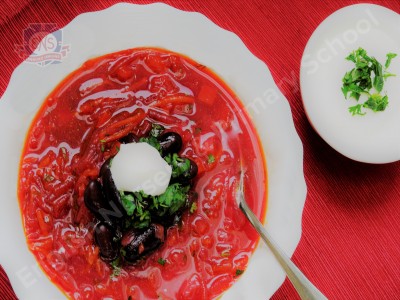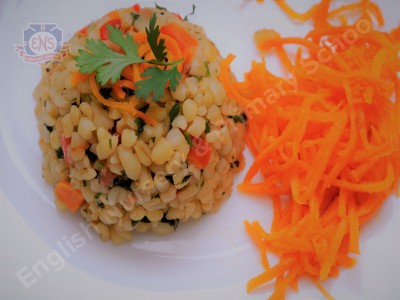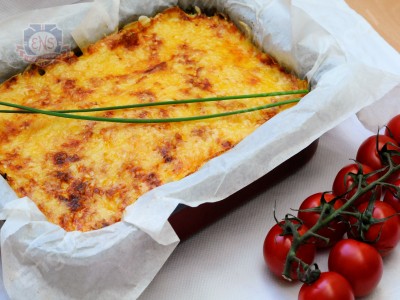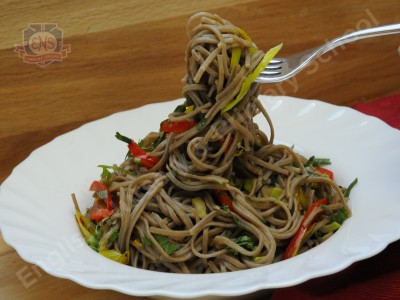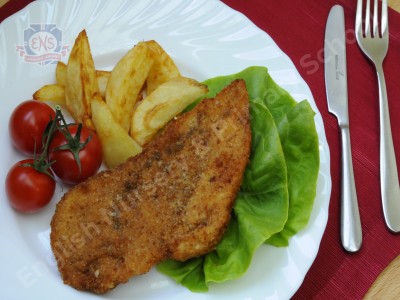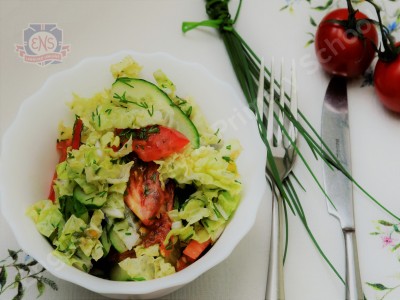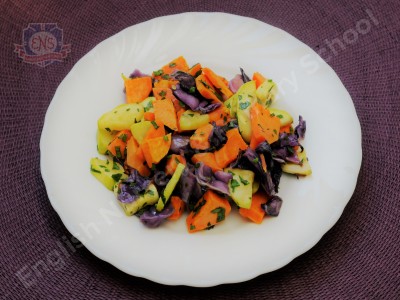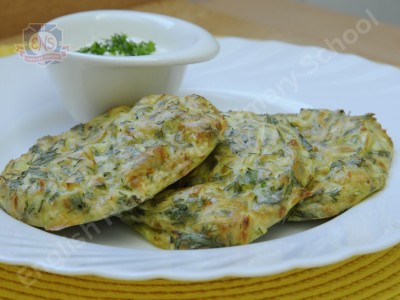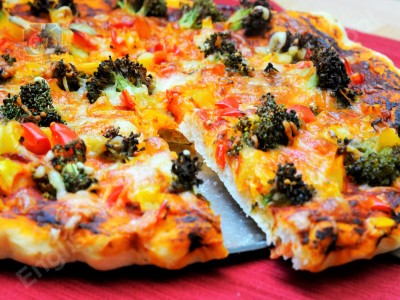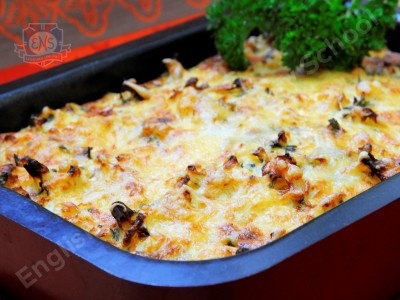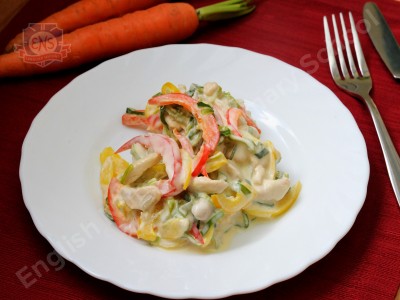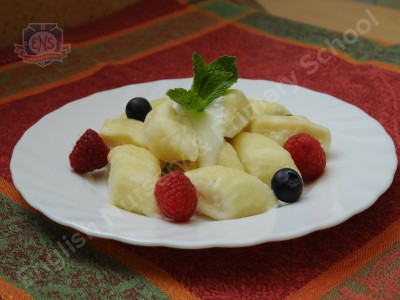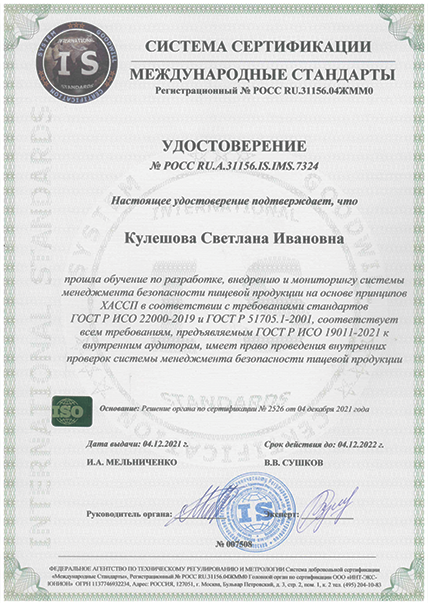There is an entire team working on providing food for the children at English Nursery & Primary School, consisting of a nutritionist, a chef, cooks and assistants.
All of them, together with the teachers, pay great attention not only to quality of nutrition, but also to food culture.
We want our children to have good eating habits from a very young age. ENS kindergartens respect parents’ wishes regarding the choice of food for their children.
We have therefore developed three additional menus: gluten free/lactose free and kosher .
All meals are prepared daily, in house. ENS uses high quality fresh ingredients. Food is boiled, steamed or baked, never fried. Only vegetable stocks are used.
ENS Food Experts

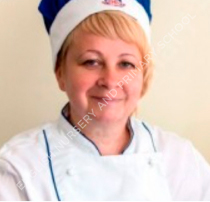


Basic principles of healthy eating at ENS:
Careful selection
Careful selection of ingredients according to quality and safety criteria, including the use of nitrate testers and dosimeters. ENS suppliers provide us with full documentation for their products.
Show moreBalanced diet
Our own menu, competently designed and meeting all consumer protection standards: varied, balanced and always attractive in appearance, because aesthetic appeal inevitably makes any dish more appetising. Our menu contains fresh fruit, vegetables and dairy products every day. The main advantage is the absence of artificial ingredients: canned food, vitamin drinks, packaged juices, food additives and fats. Our berry drinks, compotes and jams are home-made.
Show moreSeparate meals
ENS separates meals: we offer children fresh fruit as a separate meal. During the afternoon snack we offer children dairy products, including cottage cheese, and fresh and/or baked vegetables are always served for lunch.
Show moreCooking technology
We follow the correct cooking technology, using a top-class German Rational combi oven for professional grade cooking.
Show moreSeasonal menu
The menu changes with the seasons and is constantly replenished with new dishes developed by our nutritionist, taking into account the needs of the growing body. It is important that ENS students get acquainted with different world cuisines and enrich their “taste repertory”, with associated benefits for their health.
Show moreHome baking
Our chefs make their own homemade fruit pastries. ENS teachers and chefs always check whether children are eating well and which dishes they especially like. The biggest reward for our team is when even the picky eaters taste the menu and start to gobble everything up!
Show more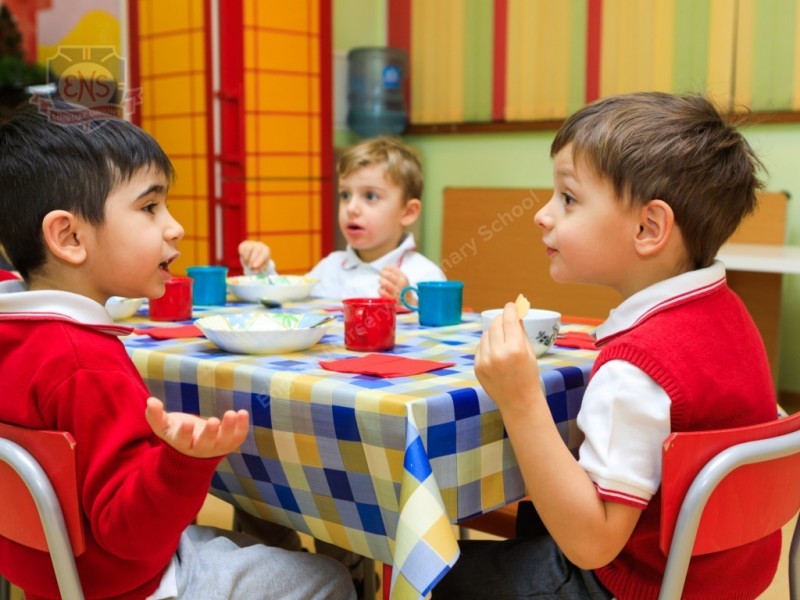

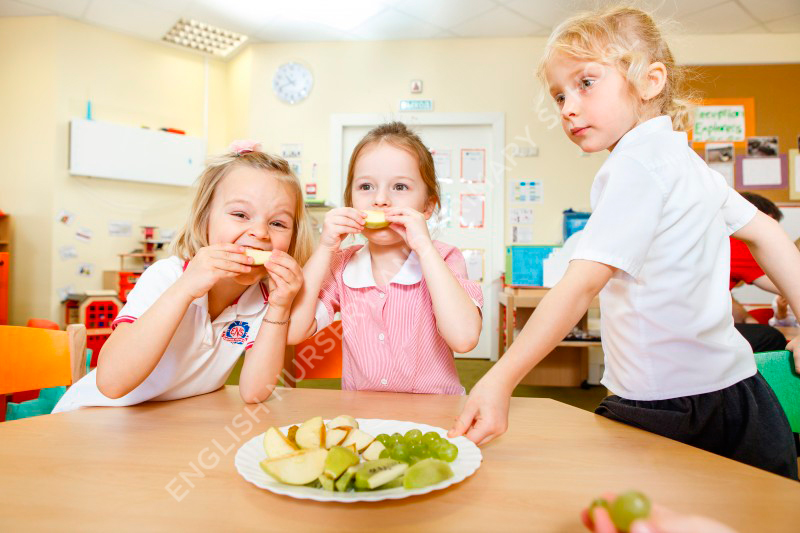

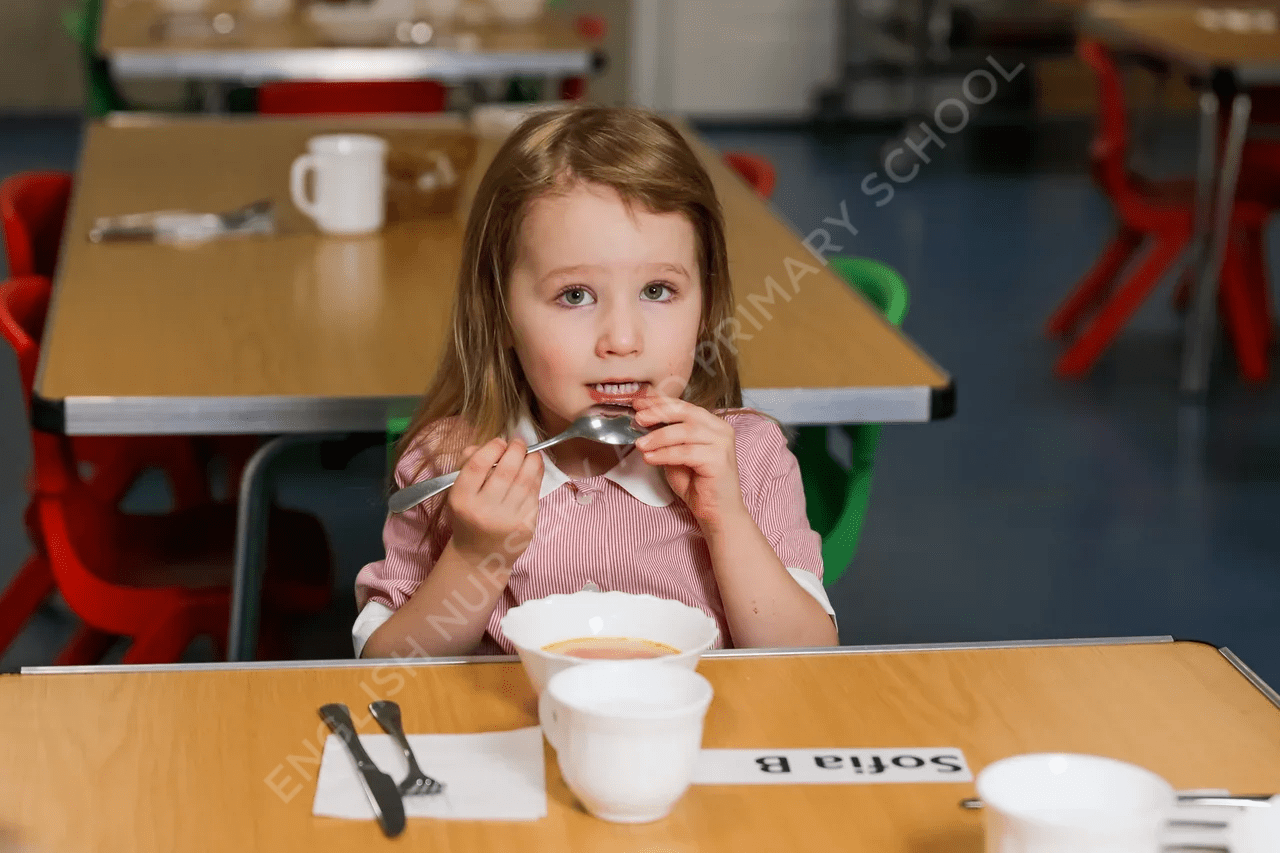

The ten golden rules, or how to feed a child
1. Time
We give the child time to get used to us.
New children sometimes refuse to eat during their first week at kindergarten, because they need some time to adjust to the new environment.
After a few days, they get used to the new setting and to their teachers and peers, they feel more confident and comfortable, and they are much readier to take the big and important step of sitting down and eating without their mum.
2. Schedule
We always eat at the same time.
It is psychologically important for a child to be ready to eat, to observe a certain ritual every day (drink water, go to the toilet, wash their hands): this gives confidence in the future and promotes good digestion.
3. Decor
Our dishes are beautiful, simple and understandable.
For example: cauliflower, rice, cutlet.
It is important for children to understand what they are eating!
Children do not like complex stews, incomprehensible sauces, or any mixing of tastes.
4. Eating together
We eat with the children.
A teacher or teacher's assistant sits at each little table: they eat the same dishes, and their behaviour and enthusiasm (and our male assistants can eat very large portions!) set an example for the children.
We are convinced that good table manners should be introduced in childhood, therefore, educators monitor how children eat and, if necessary, carefully correct them.
We believe that a joint meal is a time of pleasant communication, therefore the rule “while I am eating I am deaf and numb” does not apply with us.
5. Choices
We respect children and their right to choose.
We give small portions, and we are sure that it is important for children themselves to decide whether they want anything more.
After all, it’s so interesting: go up to the chef yourself and ask for a second helping!
6. Tasty
Our food is delicious.
We do not use frozen prepackaged food, food additives, flavour enhancers, frying, etc.
We cook the way children like.
For some reason there are some vegetables that children do not eat: for example, spinach.
In that case, we make it into a cream soup and serve it with croutons.
Who doesn’t like crunchy croutons?!
And if, for example, you add small cubes of red sweet pepper, yellow corn and green peas to ordinary rice, you get a very beautiful and healthy multi-coloured dish!
7. New
We gradually accustom children to new dishes. Without forcing them to eat a full portion straight away, we show them how delicious it is by example, which motivates them to give it a try – and be warmly praised for their courage!
The result is obvious: our children eat couscous, lentil soup, raw vegetables and many other healthy dishes!
8. Follow
We use the "imitation mechanism", which is very highly developed in children.
For example, we will sit a very picky eater with a child who eats the best, and the effect will not take long!
9. Working up an appetite
We are convinced that appetite needs to be worked up.
Breakfast goes down well after physical activities, lunch after a walk, and the afternoon snack after a nap and some sport.
10. No sweet snacks
We do not feed children biscuits and sweets between meals.
Try to keep to these rules at home yourself, and you will see that your child will be happy to eat what you cook!







